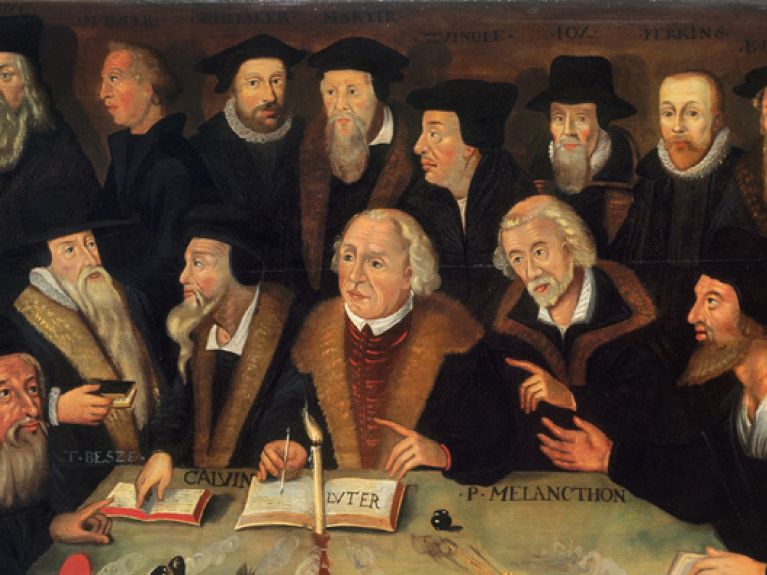Luther’s heirs around the world
The Reformation quickly became a hugely successful export, and today only a minority of Protestants live in Europe. An exhibition in Berlin puts the spotlight on Sweden, South Korea, Tanzania and the USA.

Germany. Only a minority of the world’s 800 million or so Protestants live in Europe these days. Most of the “heirs” of the Reformation are to be found in North and South America, Africa and Asia. An exhibition entitled “The Luther Effect” at Martin-Gropius-Bau in Berlin shows how this came about and what potential for conflict it entailed. Created by Deutsches Historisches Museum, it is the first of three special exhibitions nationwide with which the German government is supporting the celebrations to mark the 500th anniversary of the Reformation.
Luther was not the only rebel
The exhibition begins by showing how different “brands” of the Reformation evolved in Wittenberg, Zurich and Geneva in the sixteenth century. Particularly the version developed by the Geneva reformer Johannes Calvin became a hugely successful export. The first Protestant state church with a new religious culture was established in Sweden. In the seventeenth century, European religious refugees in the New World embarked upon a different path, founding a variety of independent churches – something which is vividly documented in the exhibition by numerous pictorial exhibits, songbooks, cult items and many letters written by missionaries.
Chances and low points
The exhibition also spotlights South Korea and Tanzania: two countries in which Protestantism is currently enjoying a veritable boom. It explores both the chances Protestantism offers and the lows to which it can sink: in many countries, missionaries defended the rights of people against corrupt rulers, while in others they were involved in the oppression themselves. The attitude towards slavery also highlights how contradictory the Protestant world was from the outset: whereas the Quakers fought for slavery to be abolished, Baptists in the southern states of the USA put forward theological arguments in favour of maintaining this barbarous practice.
Protestantism has thrived and continues to thrive wherever it faces up to its darker sides, continues to evolve and also incorporates local traditions. Recognising this is a useful insight not only for exhibition visitors with an interest in religion.

